
Emerging first in the midst of slavery and Emancipation in the nineteenth century, the study of the African American experience matured during the black migration and urbanization of the early twentieth century. Through vehicles such as the Association for the Study of Negro Life and History (1915), The Journal of Negro History (1916), and the advent of Negro History Week (1926), African American history was both institutionalized and professionalized. As a result of the transformative Civil Rights and Black Power movements of the post-World War II era, as well as in response to the broader turn toward social history, African American history continued to evolve as practitioners and audiences alike demanded narratives that did more than document black contributions to the United States and the world. While continuing to critique and correct American exceptionalism, and inspire African Americans in their pursuit of citizenship and self-determination, specialists in African American history expanded their approaches (interdisciplinarity, Diaspora, political economy); themes and emphases (the historical origins of racism and slavery in colonial America, the transformation of African ethnicities into an African American nationality, culture, religion, gender, class, sexuality, ideology); frameworks (ghettoization, proletarianization, community building); and subfields (black women’s history, slavery, black labor and working-class history, social movements, technology).
Since the 1980s, when it moved to the center of the historical profession as one of its most vibrant areas of inquiry, African American history also has become more self-aware, with specialists now engaged in reconstructing the field’s historical development. The continuing challenge of theorizing the meanings, characteristics, trajectories and philosophies of African American history remain. How should scholars interpret the fact that black people’s legal, political, economic and social standing has changed over time, while in other respects remaining constant? Which historically has been preeminent in conditioning the African American experience – structures of racial control, or the agency of black people themselves? How does the election of President Barack Obama qualitatively alter the African American past? Similarly, how do demographic changes (e.g., post-1965 migrations from Africa and the Caribbean) affect the future directions of the field? In the Department of History at the University of Illinois at Urbana-Champaign, the field of African American history boasts specialists who teach, research and publish in the areas of black social movements, technology, urban history, Black Nationalism and radicalism, and African American historiography and Africana theory.
History Faculty working in African American


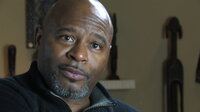
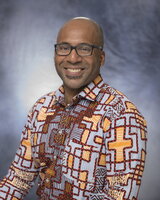
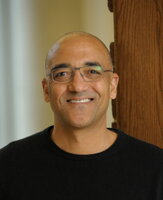
Related News
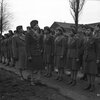
Uncovering the lost stories of history
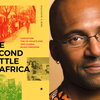
Professor Erik McDuffie receives Jon Gjerde Prize for Best Book in Midwestern History
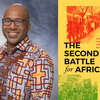
Illinois historian, Erik S. McDuffie, says Midwest played a crucial role in Black freedom movements worldwide

Graduate student spotlight: How former professional blues drummer Andrew Thomas became a historian
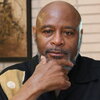
Why is the reparations movement gaining momentum in the U.S.? An interview with Professor Sundiata Cha-Jua

